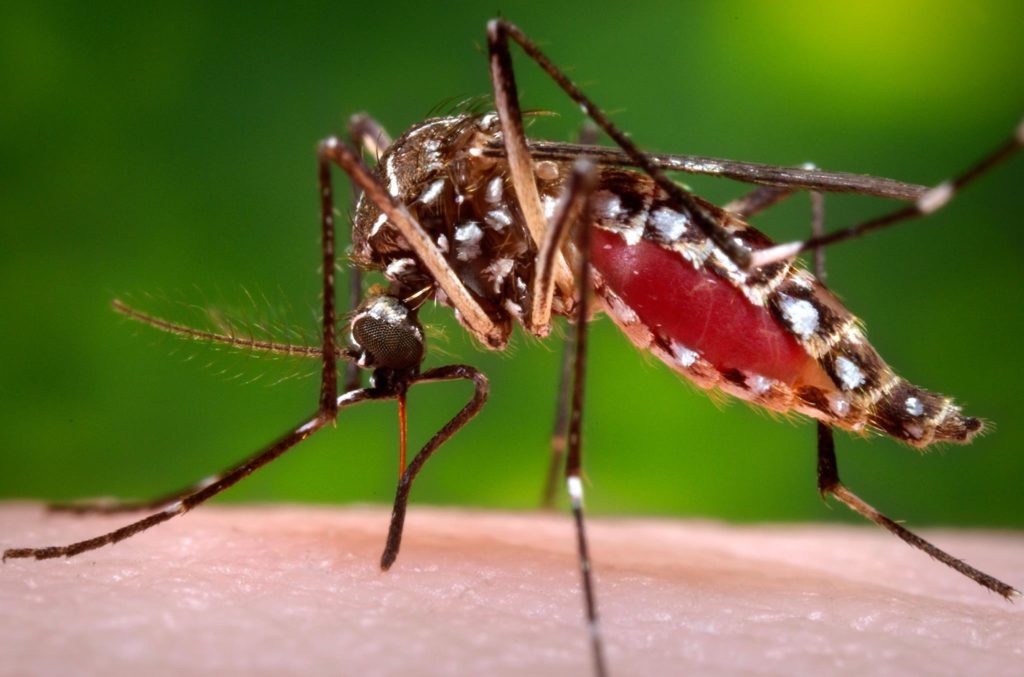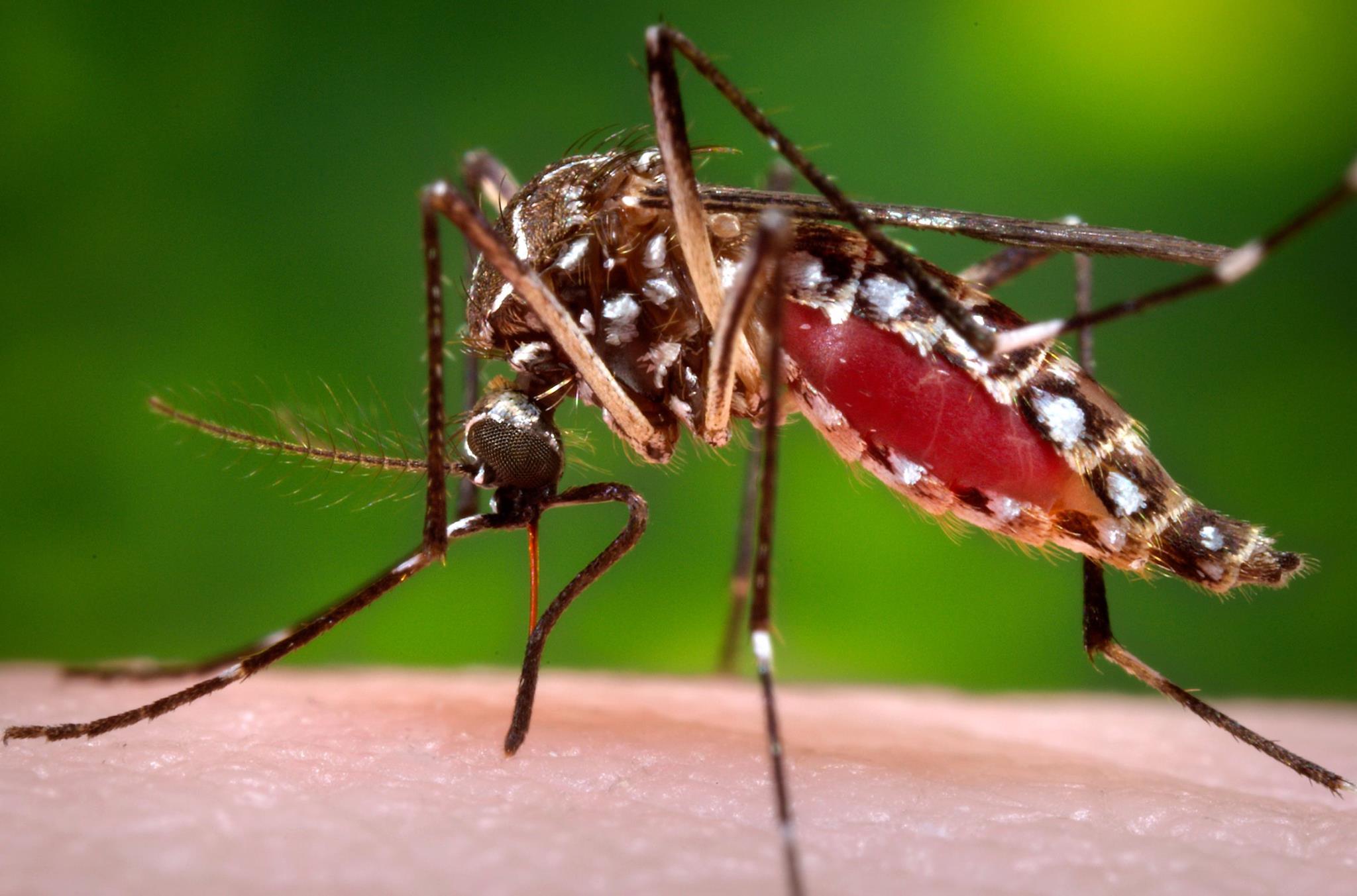
The Mobile County Health Department has issued a press release reporting the positive detection of a mosquito virus that is deadly to animals and humans. Commonly referred to as sleeping sickness, Eastern Equine Encephalitis (EEE) is the virus that’s been detected in Mobile County. EEE is a zoonotic virus, and while it can be deadly to humans, it’s far more common in animals, especially horses.
Nevertheless, people should take precautions. As Dr. Bernard H. Eichold II, Health Officer for the Mobile County, said in the news release, “Don’t let your guard down. EEE has a human mortality rate of between 50 to 75 percent, while West Nile Virus is between 3 to 15 percent. EEE is a very serious mosquito-borne illness.” Indeed it is. Studies also show that one-third of people who contract EEE are left with mild-to-severe brain damage. Humans can also experience swelling of the brain, high fever, muscle pain, seizures. Currently, there is no known cure for the disease and no human vaccination.
“The risk of encephalitis spread by mosquitoes is highest from August through the first freeze in the fall,” Dr. Eichold said. While Jerry Folse, the director of MCHD’s Vector Services, said his department would step up control efforts in the surrounding area.
The Mobile County news release said “The disease was detected in sentinel chickens used by the Mobile County Health Department (MCHD) to detect mosquito-borne diseases in the community have tested positive for Eastern Equine Encephalitis (EEE). Two chickens were located in the 36582 ZIP Code, while another chicken was located in the 36613 ZIP Code.” What’s important to note is that these chickens are isolated in special cages and purposefully exposed to mosquitoes for the purpose of testing for viruses like EEE, so these particular chickens are in now way exposed to the normal population used to produce eggs or chicken for food.
While there’s also no EEE vaccine for humans, thankfully horses do have an approved vaccine, and their owners should make sure they get it, as 90 percent of unvaccinated horses die if they contract EEE.
Dr. Tony Frazier, the state’s veterinarian with the Alabama Department of Agriculture and Industries, stressed that horses cannot transmit the virus to humans—only mosquitoes can. Today, Dr. Frazier spoke to Yellowhammer about the concern to horses in the area:
The Mobile County Health Department has an excellent program using these sentinel chickens. It’s an early warning system and it’s working well. What it shows us is that EEE is circulating outside the resivoir of wild birds. So, yes, it’s a concern people should be aware of. While it’s no reason to be overly fearful, the area has had lots of rain and the mosquitoes are populating in low lying areas in South Alabama. Late summer is when we ususally see a few cases, so vaccinations are defeinitely recommended. Horse owners should absolutely contact their local veternarians to have their horses are vaccinated.
The CDC does report that around 200 human cases are reported annually, mostly in Florida. Sleeping Sickness is much rarer than the widely known Zika virus. A disease that infects pregnant women causes many to experience birth defects.
To protect the public from possible infection, the Mobile County Health Department recommends:
• Use an Environmental Protection Agency-registered repellent with DEET
• Wear long-sleeved shirts and long pants
• Stay and sleep in places with air conditioning or window and door screens Remove standing water around your home













